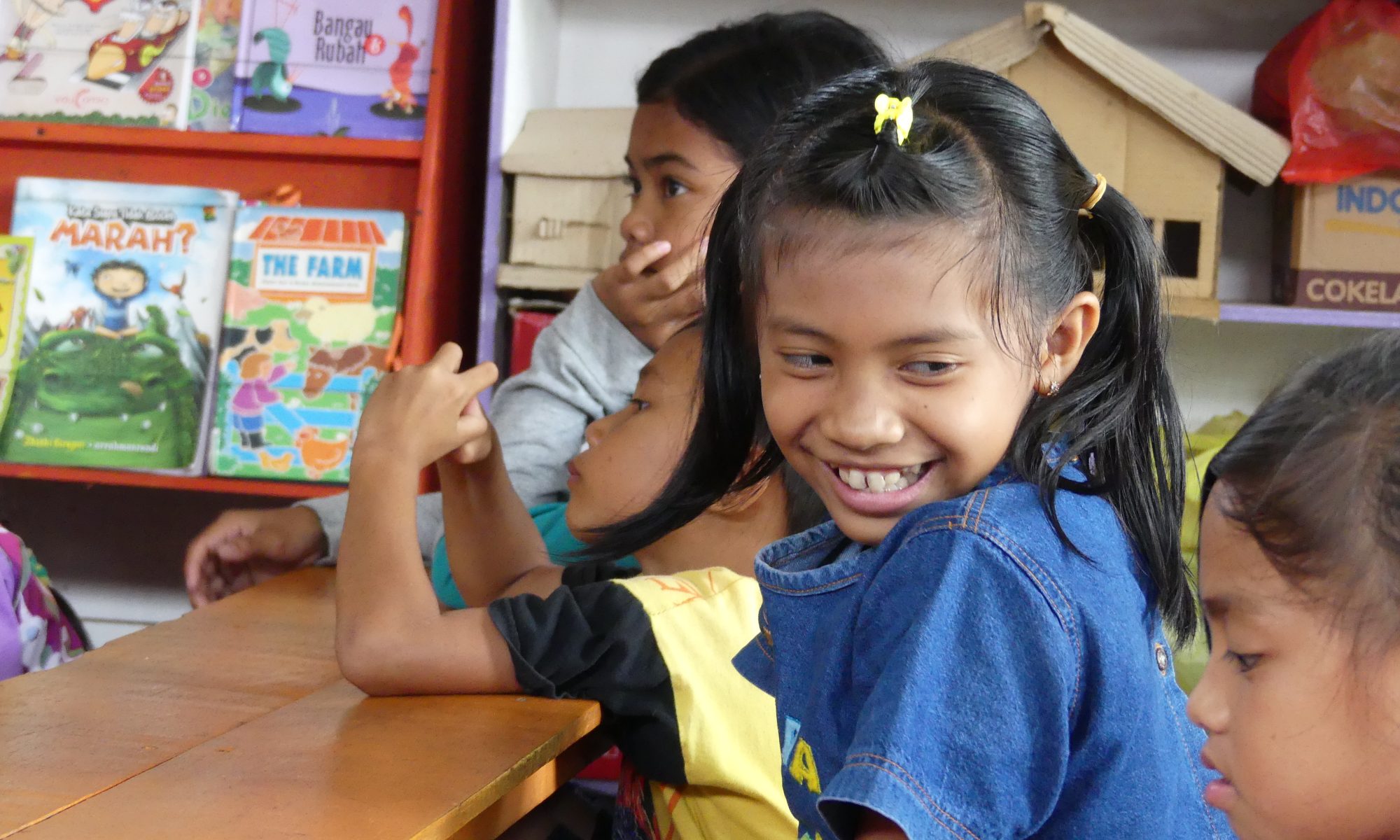Cervical Screening Project
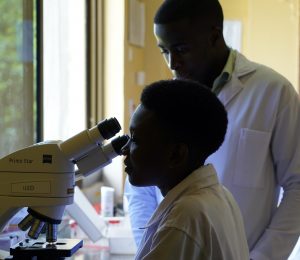 Cervical cancer is the fourth most common cancer in women globally, with over 500,000 new cases and 250,000 deaths each year. The burden of cervical cancer is disproportionately high in developing countries, which account for 85% of cases worldwide. In Tanzania, cervical cancer is the leading cause of female cancer with a striking 9772 new cases and 6695 deaths each year. Unlike other cancers, cervical cancer is almost 100% preventable when women receive quality screening and treatment of precancerous lesions. The Tanzanian Ministry of Health and Social Welfare launched VIA (visual inspection with acetic acid) cervical cancer screening and cryotherapy in over 300 sites nationally in 2001. However, the number of women screened remains low for multiple reasons.
Cervical cancer is the fourth most common cancer in women globally, with over 500,000 new cases and 250,000 deaths each year. The burden of cervical cancer is disproportionately high in developing countries, which account for 85% of cases worldwide. In Tanzania, cervical cancer is the leading cause of female cancer with a striking 9772 new cases and 6695 deaths each year. Unlike other cancers, cervical cancer is almost 100% preventable when women receive quality screening and treatment of precancerous lesions. The Tanzanian Ministry of Health and Social Welfare launched VIA (visual inspection with acetic acid) cervical cancer screening and cryotherapy in over 300 sites nationally in 2001. However, the number of women screened remains low for multiple reasons.
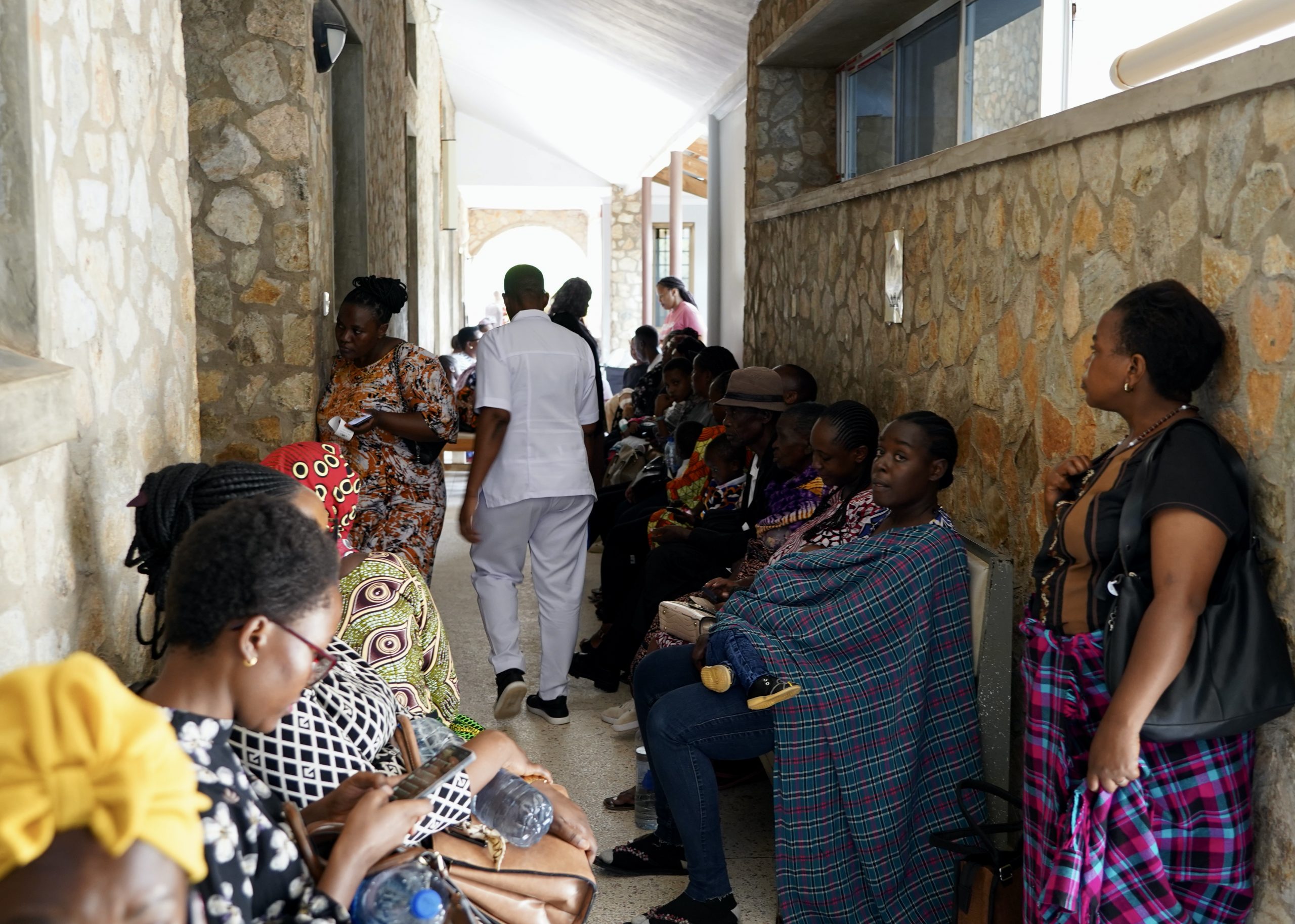
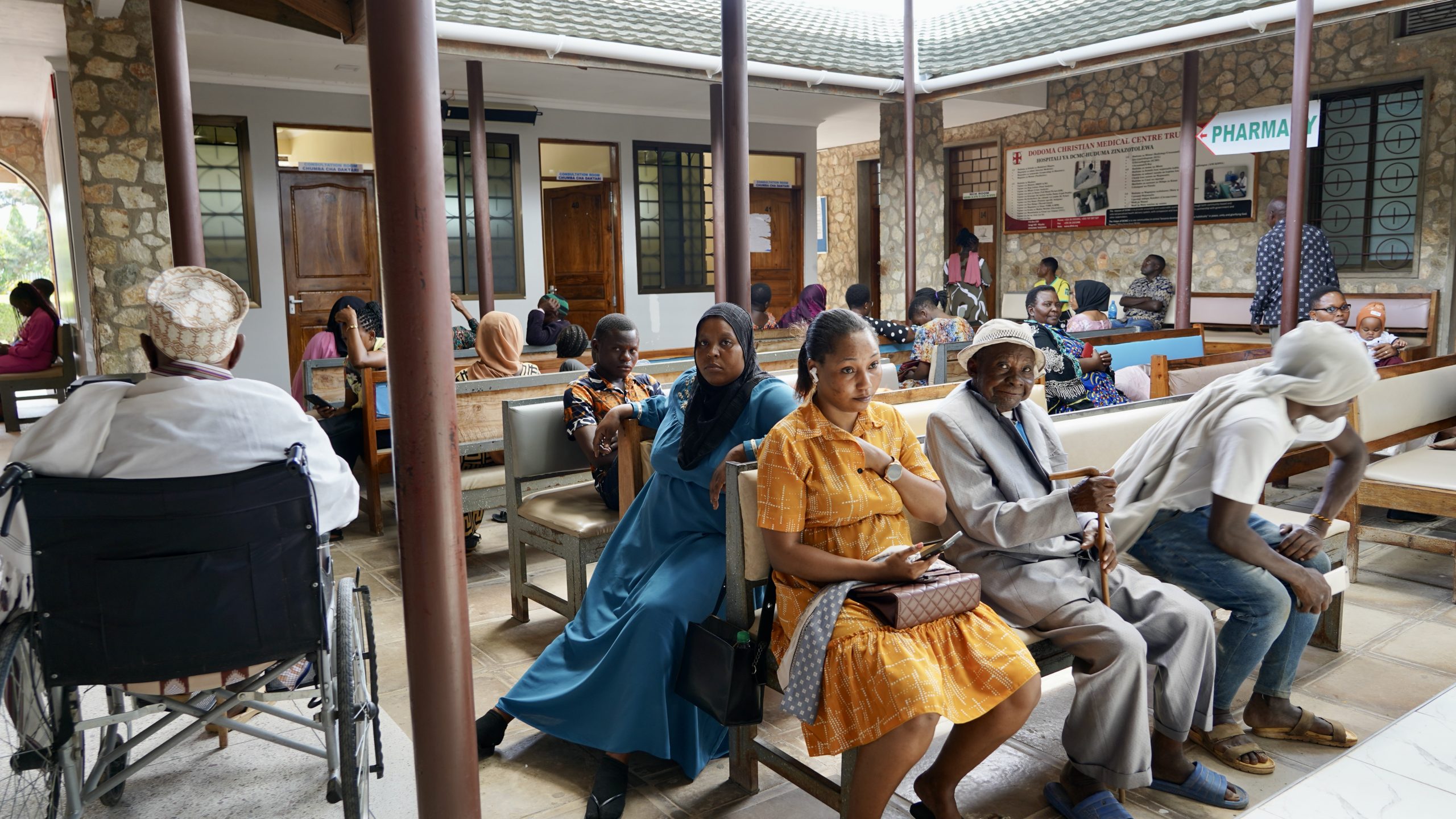
Firstly, there are limited resources available for this activity, secondly there is a lack of knowledge and understanding of the importance of screening in the population but also, for many patients, a visit to a clinic which can perform the test means many hours walking in extreme heat and dust with a baby strapped to their back and with insufficient supplies of food and water.
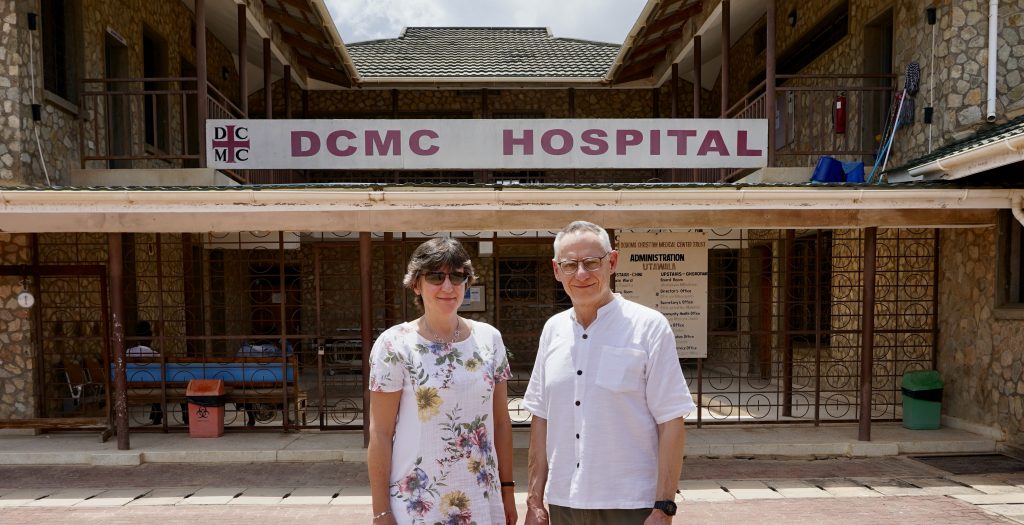
MEDyARTE Foundation decided to join forces with DCMC, a Christian Hospital in Dodoma, to boost screening for cervical cancer in the rural area outside of the city. Gosia together with one of the Charity Trustees Tomasz visited the Hospital to meet personally all the staff involved in the screening process and responsible for the organisation of the project.
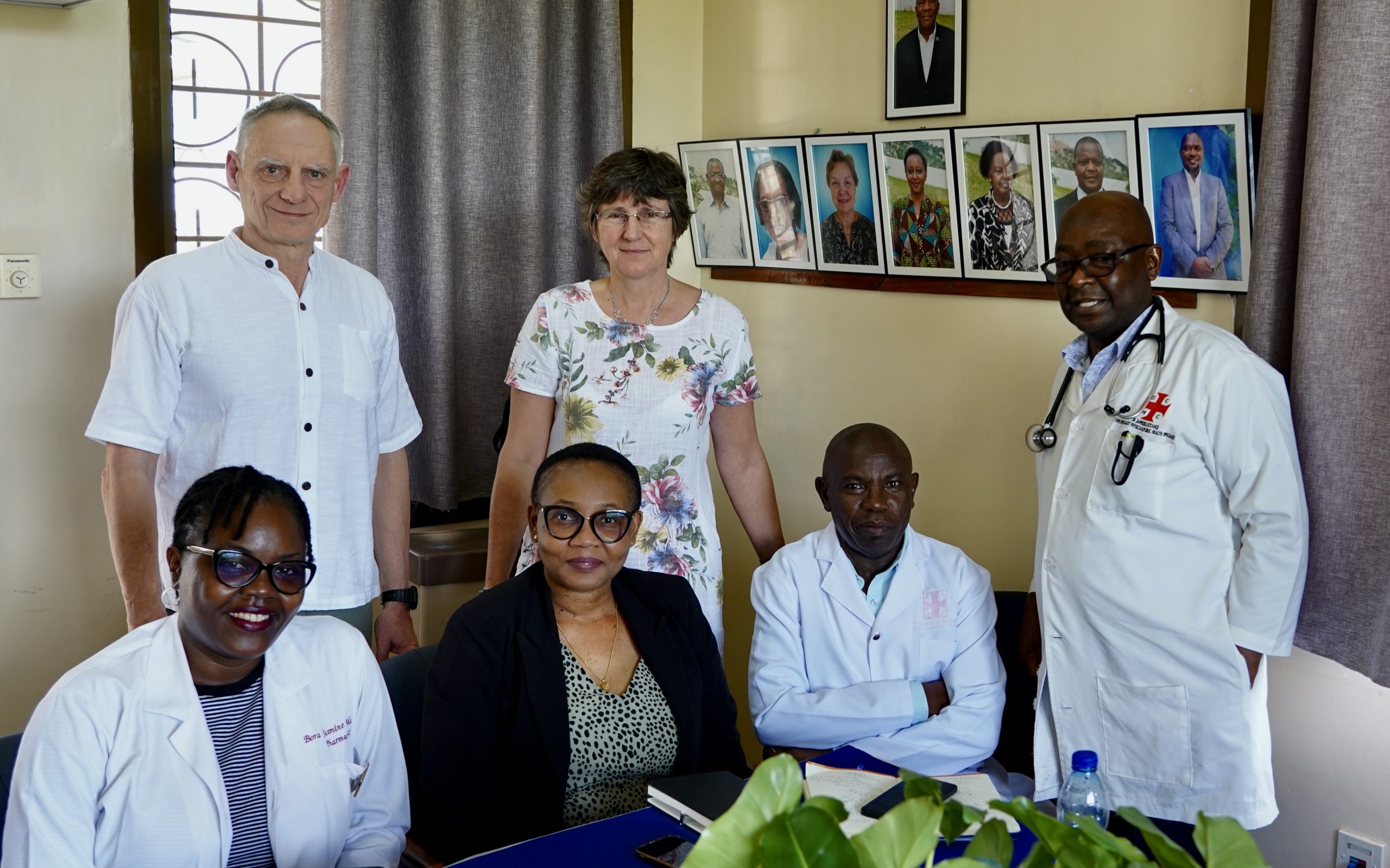
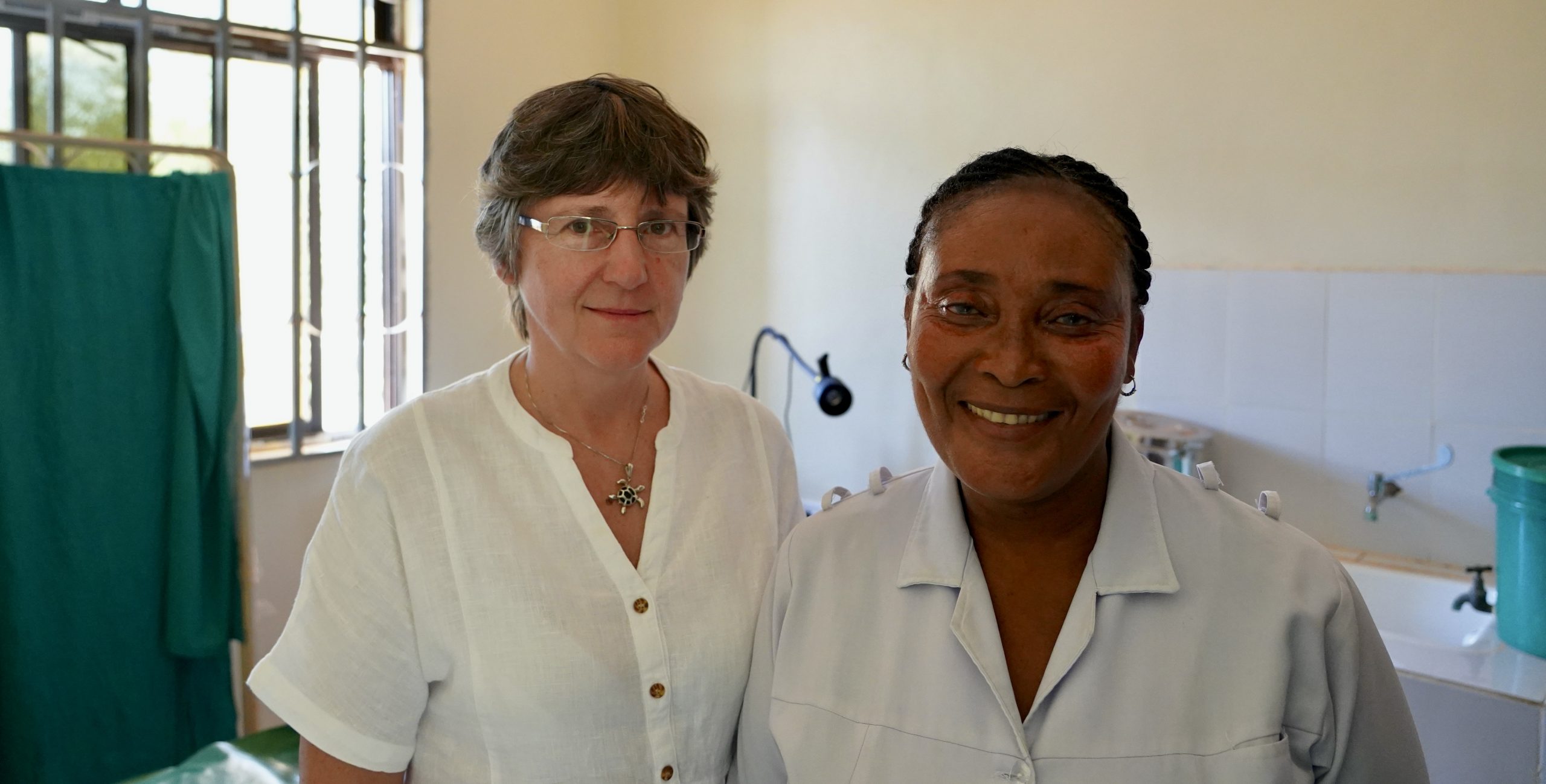
We were extremely impressed by the facilities and care provided by this privately funded hospital. The hospital is maintained by charitable grants as well as income from the treatment of patients (as is the case for the majority of the health centres in Tanzania). However, a significant number of patients who have insufficient funds are able to access treatment free of charge.
There is not only an outpatient department treating anything from the most basic medical conditions to tropical diseases, ophthalmology and dentistry,
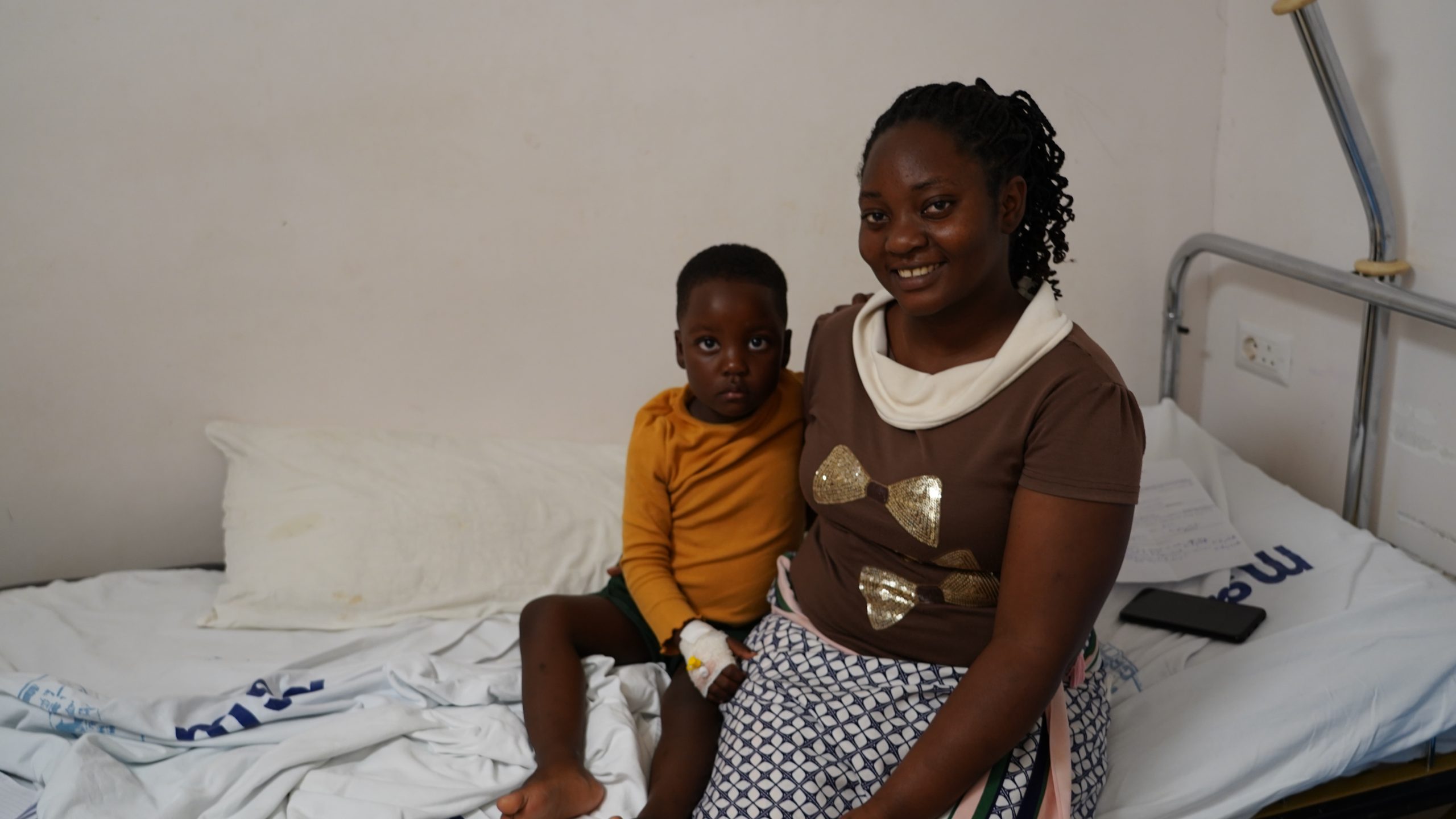
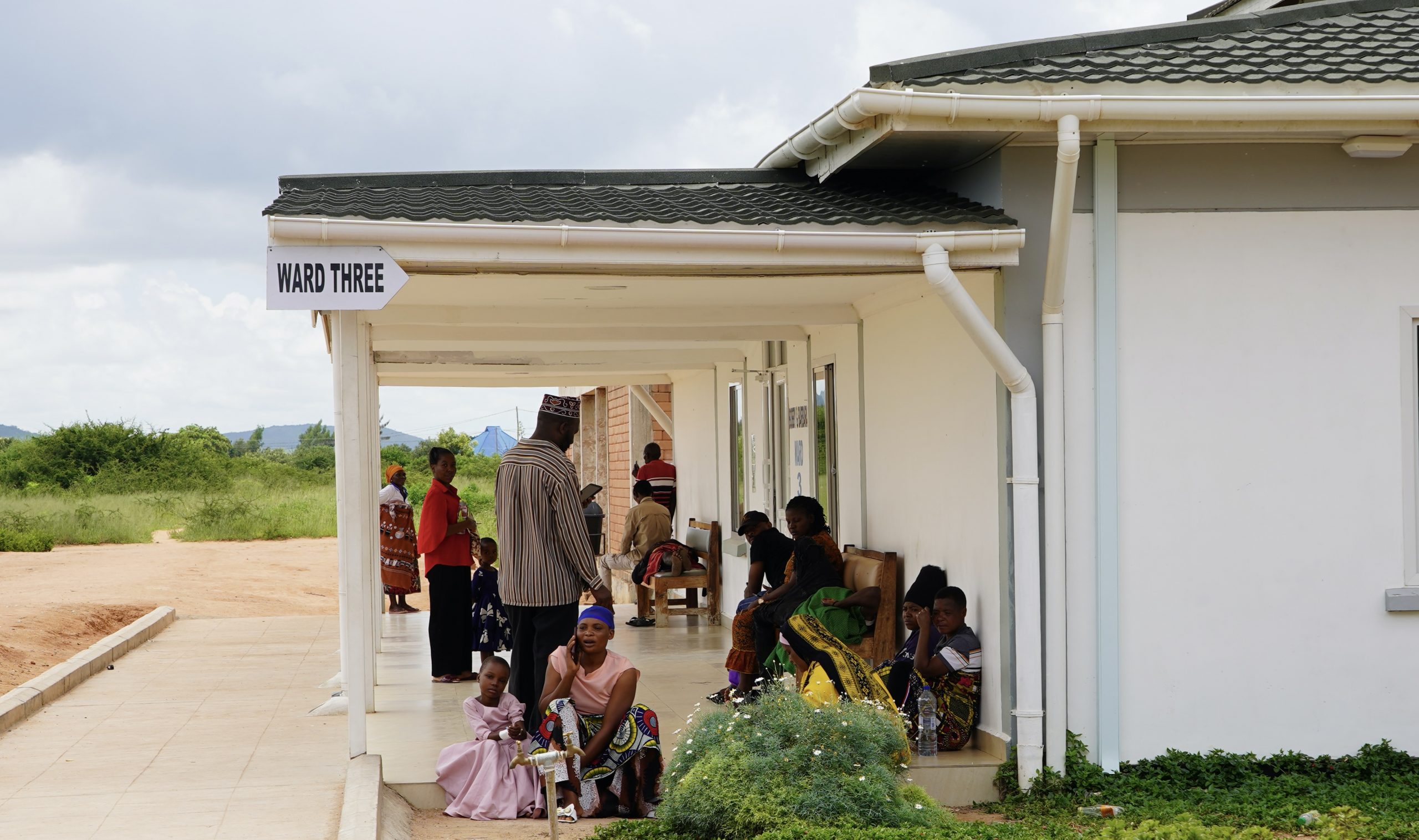
but also, there are inpatient wards including general, surgical, maternity and dialysis.
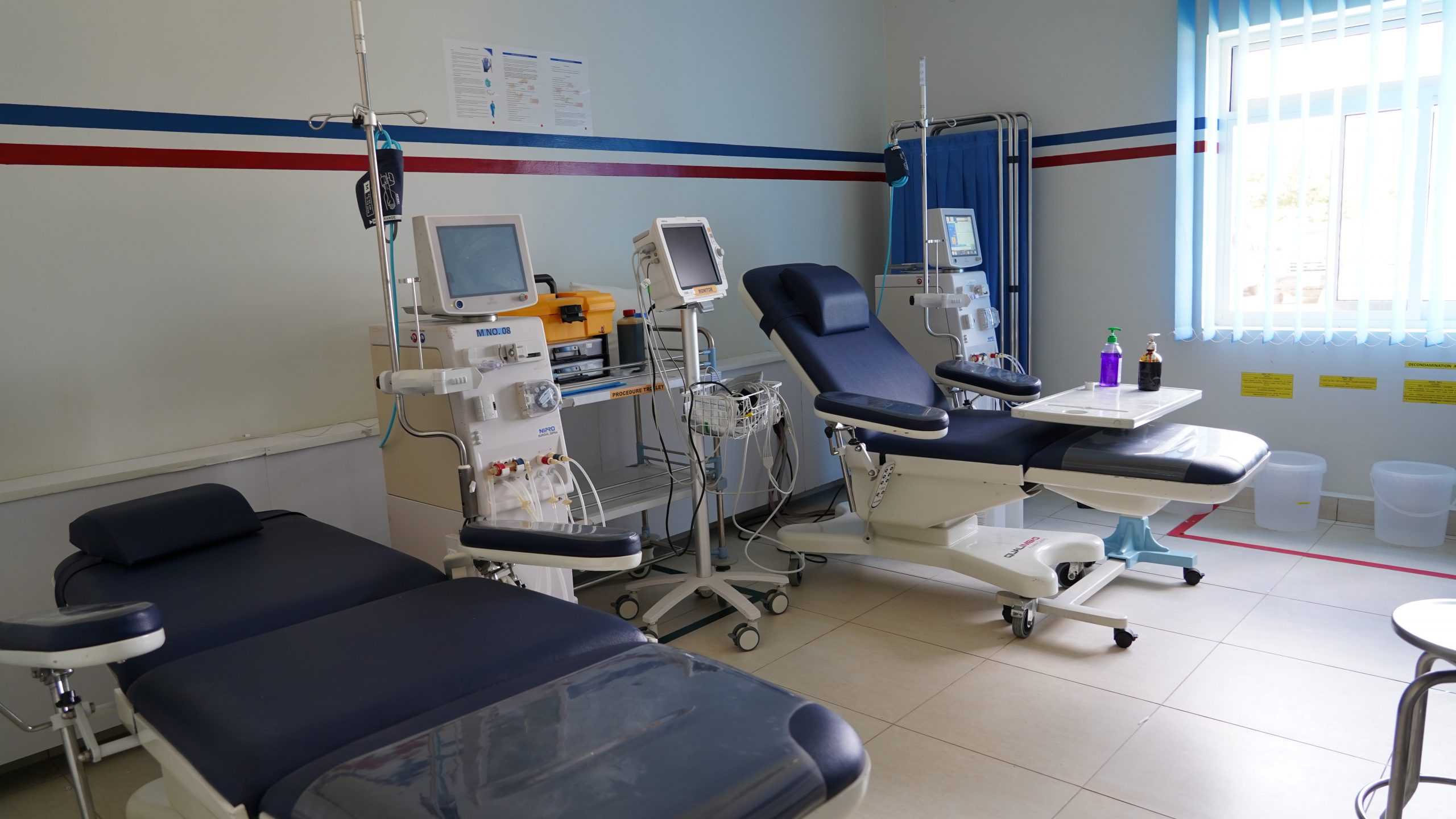
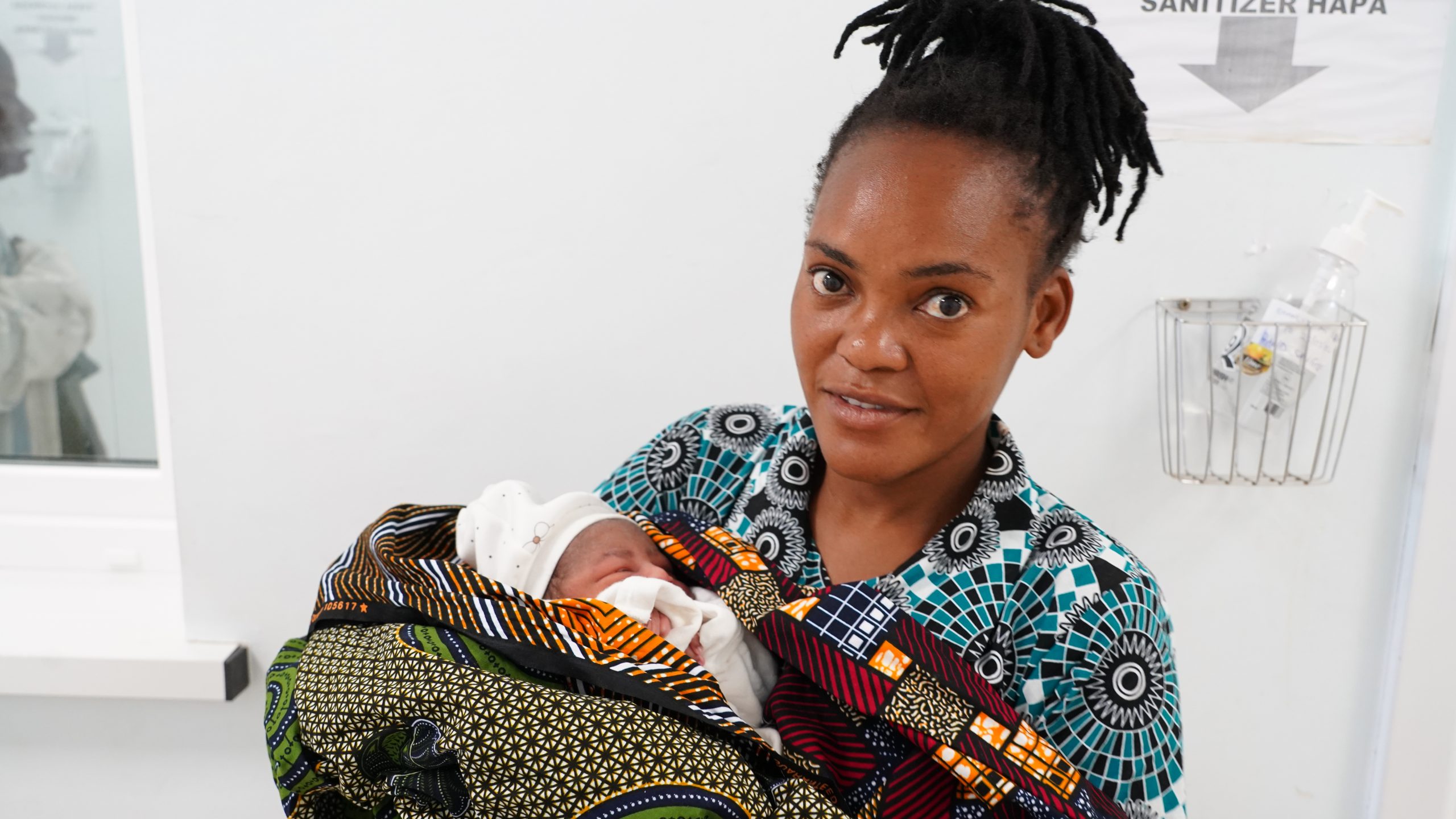
Our project was going to be based in the rural area outside of the city and only the patients found to suffer cervical abnormality would be coming to the hospital. Following an obligatory meeting with the director of the hospital, Regional Health Minister for the region of Dodoma and the Health Officer responsible for the area of Kogwa, where our project is going to be undertaken, we finally had the blessing to visit the regional rural clinics.
The journey there was surprisingly smooth and straightforward. Within a couple of hours, we arrived at our destination. The heat was immense, forcing us to immediately seek out any shade available. Even the flies were not brave enough to buzz around. The clouds of dust would accompany any passing vehicle.
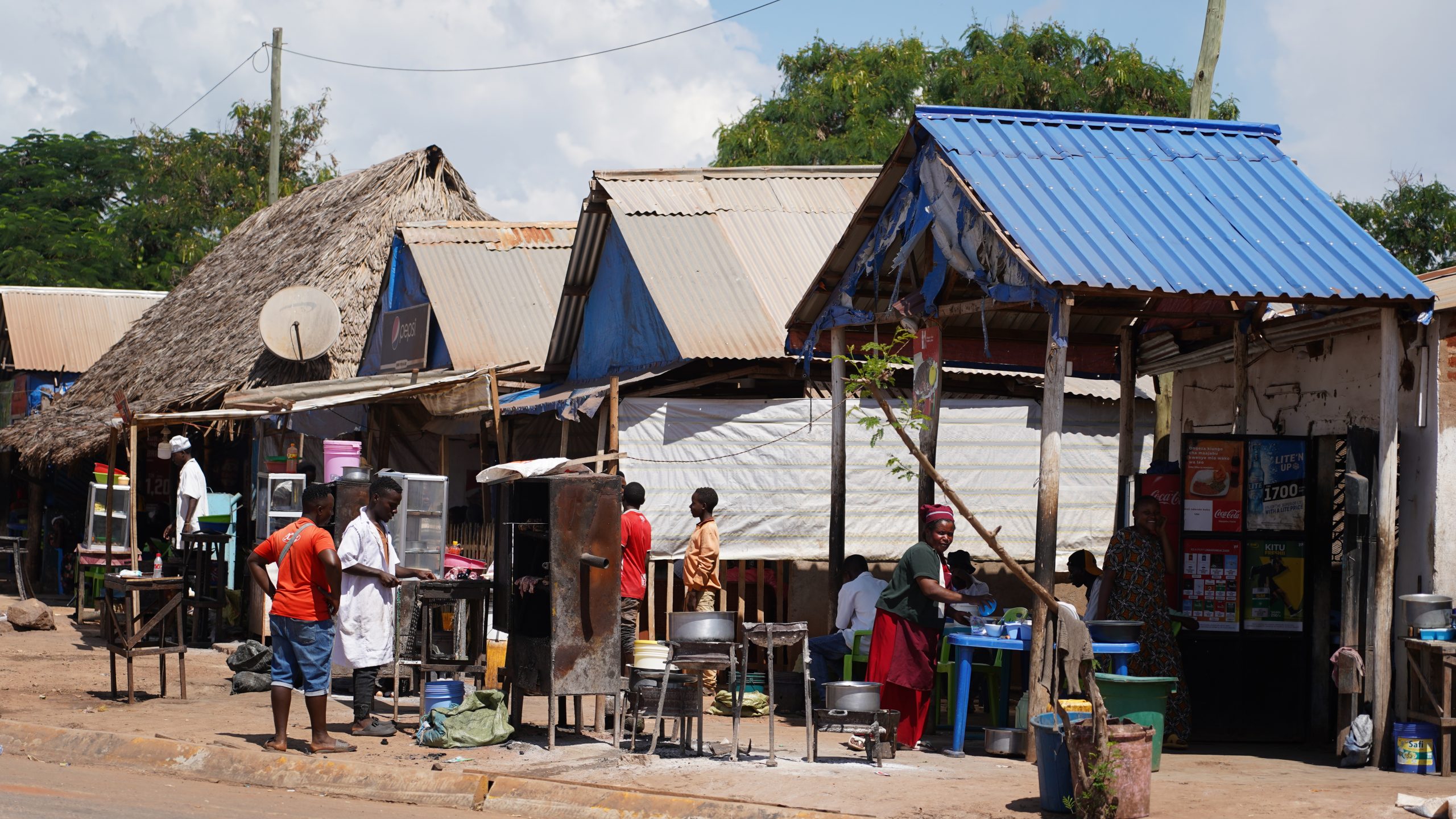
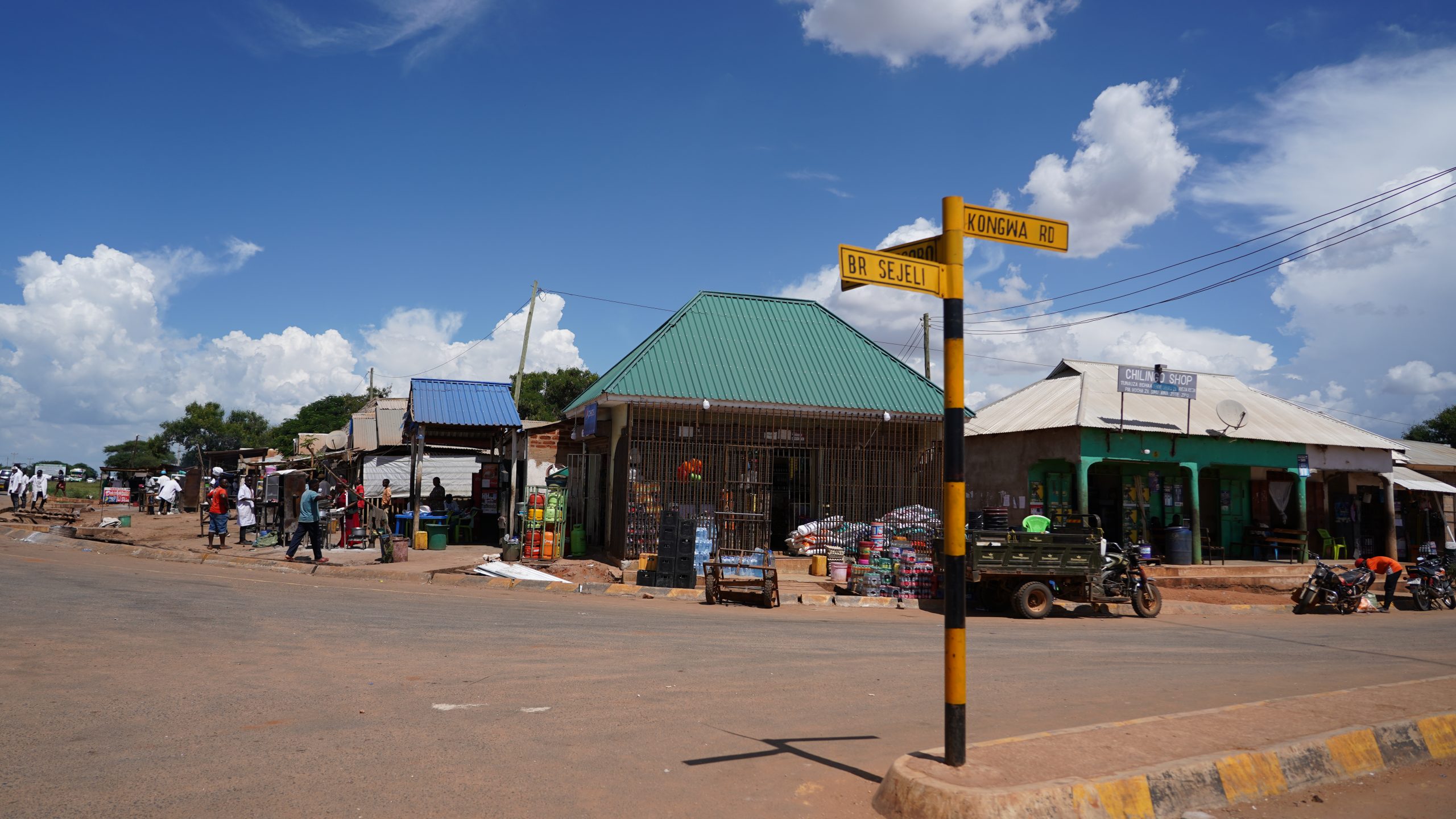
Yet the clinic was clean and spacious, surrounded by lush vegetation which suddenly appeared during the recent rainy season.
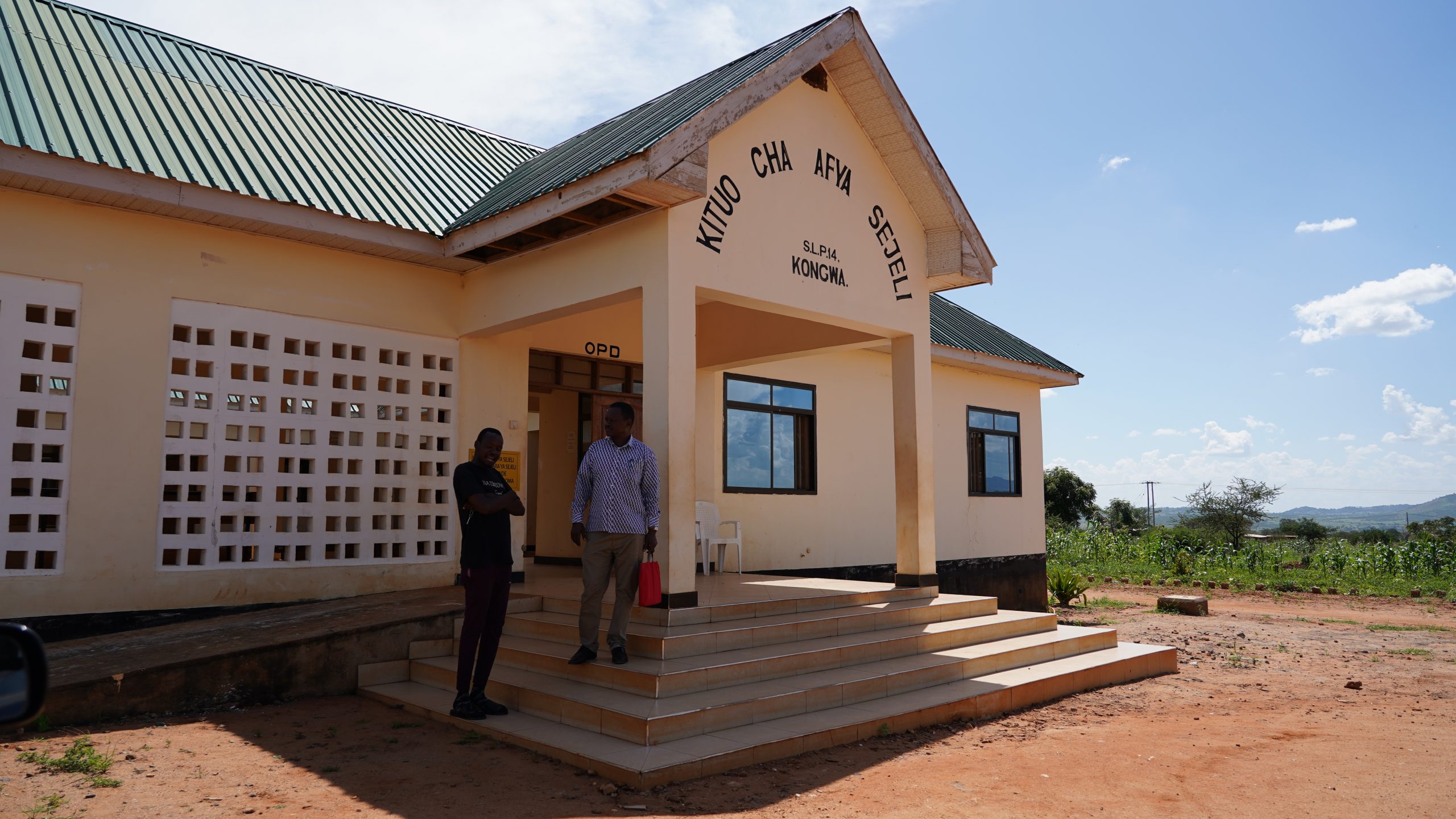
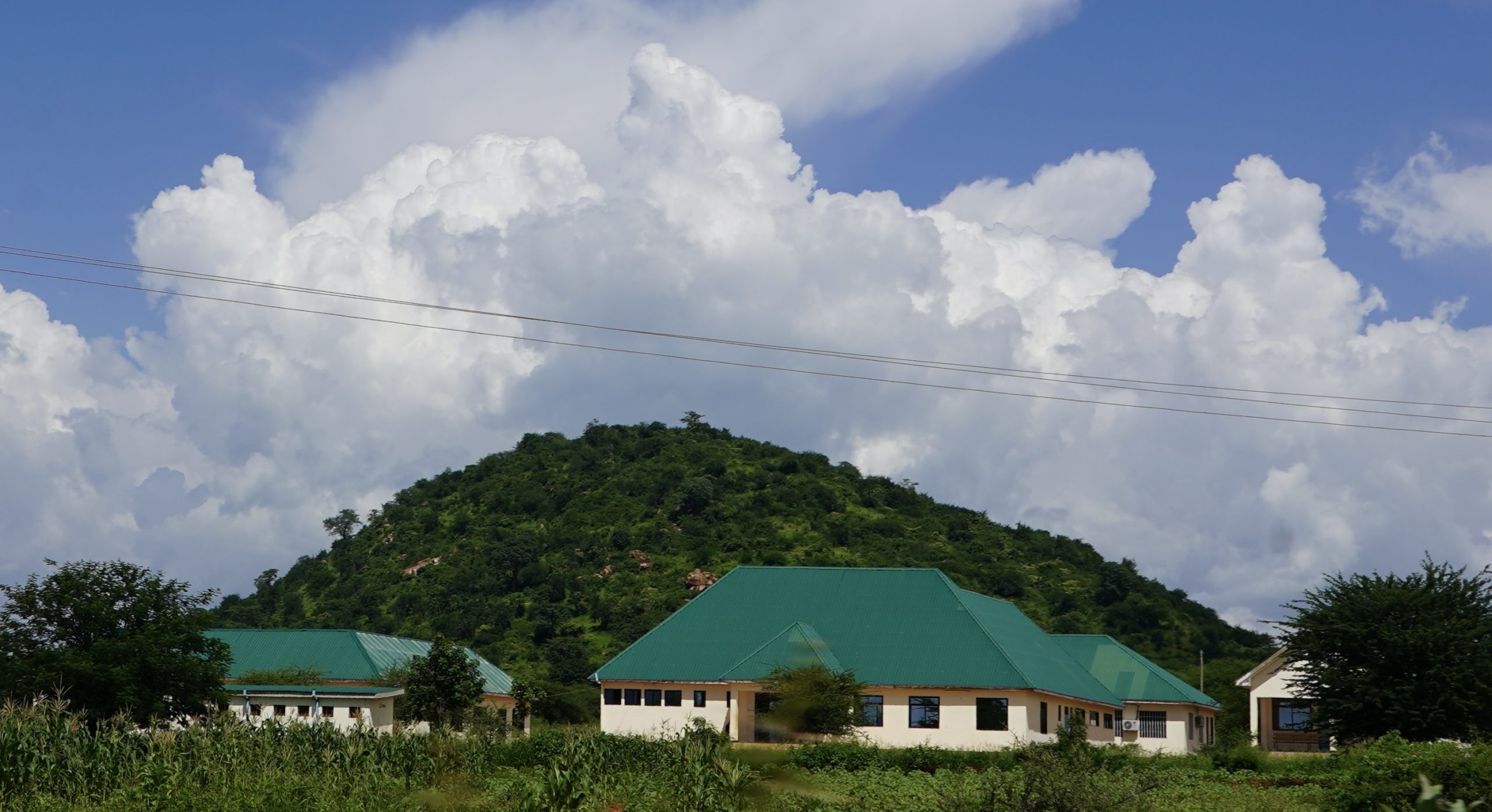
The doctors and nurses were smiling at us widely, proudly presenting equipment for the treatment of minor cervical lesions not requiring admission to the hospital. With our contribution the nurse in charge will be able to extend her working hours and see more patients each day.
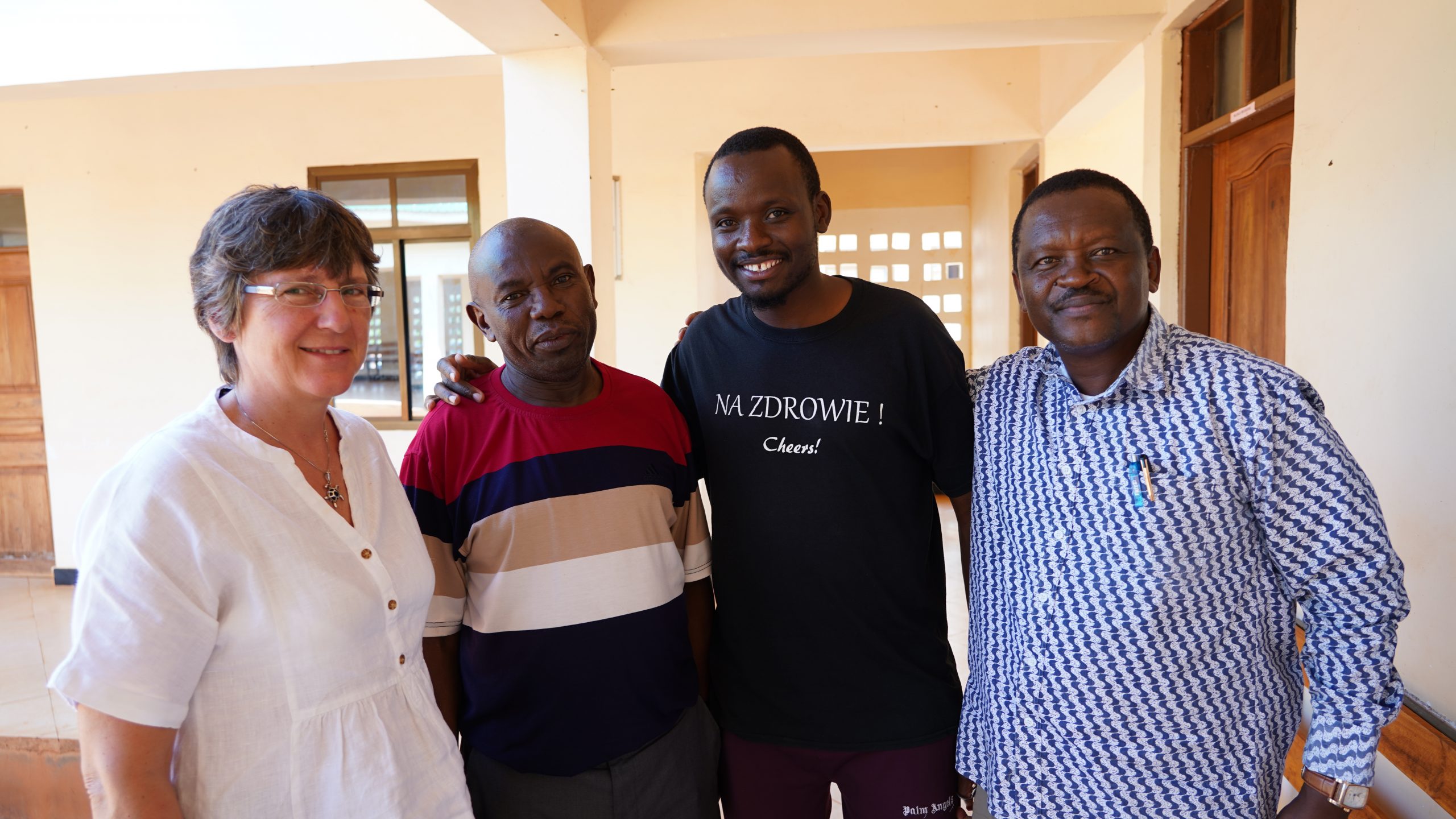
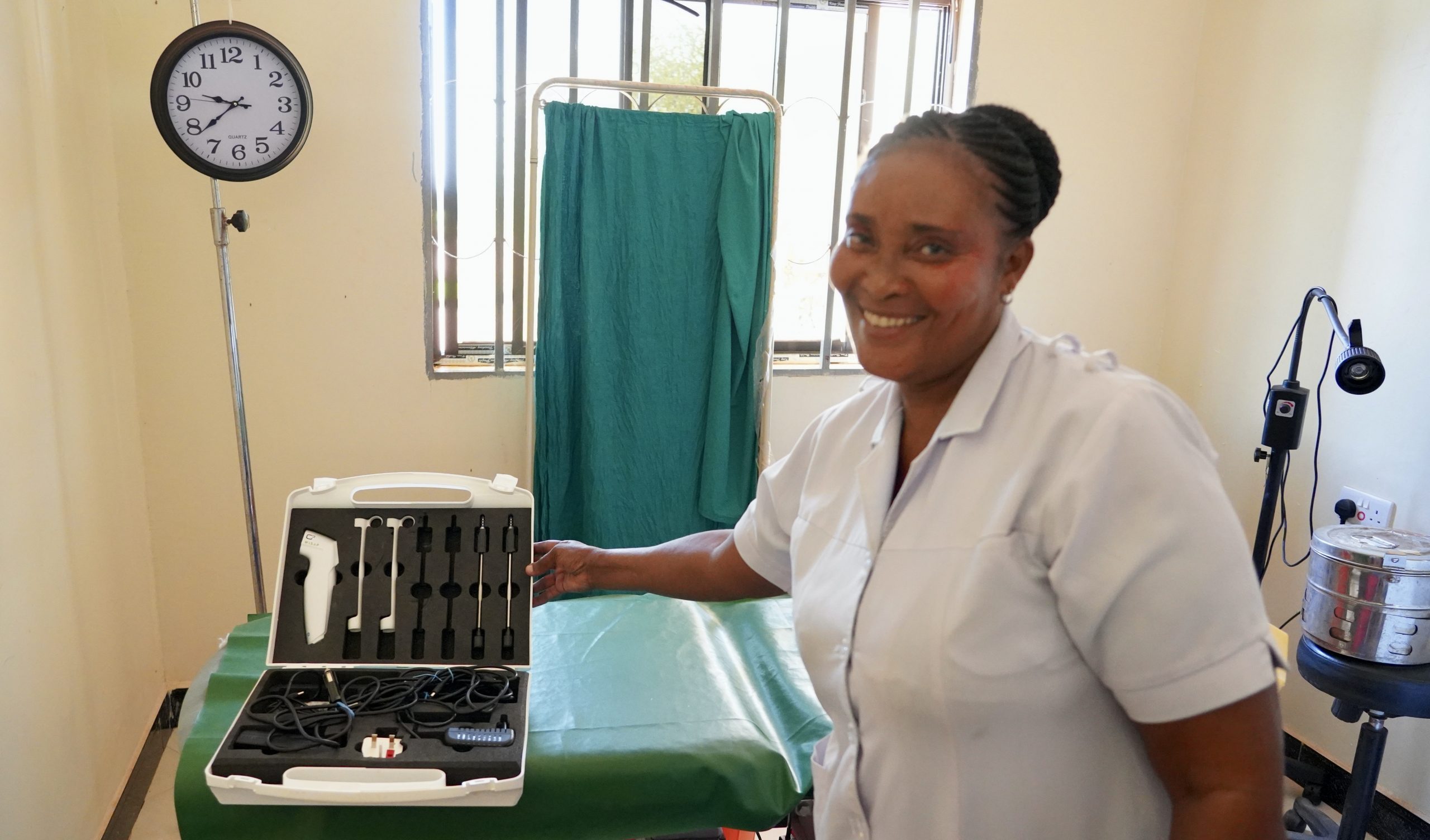
Additionally, she will be able to visit surrounding villages to talk to the village leaders and in churches about the importance of the screening. Posters and information leaflets will be printed and distributed throughout several communities.
With our programme we are aiming to at least double the numbers screened each month, in 5 centres similar to this one. In countries such as the UK, thanks to the HPV childhood vaccination and cervical screening in adults, we are talking about erasing cervical cancer all together in the next few years, such that a position where there are high numbers of deaths due to cervical cancer in any country seems utterly unacceptable. I hope that our efforts will significantly contribute to the improvement of this situation be it only in a part of Tanzania.
